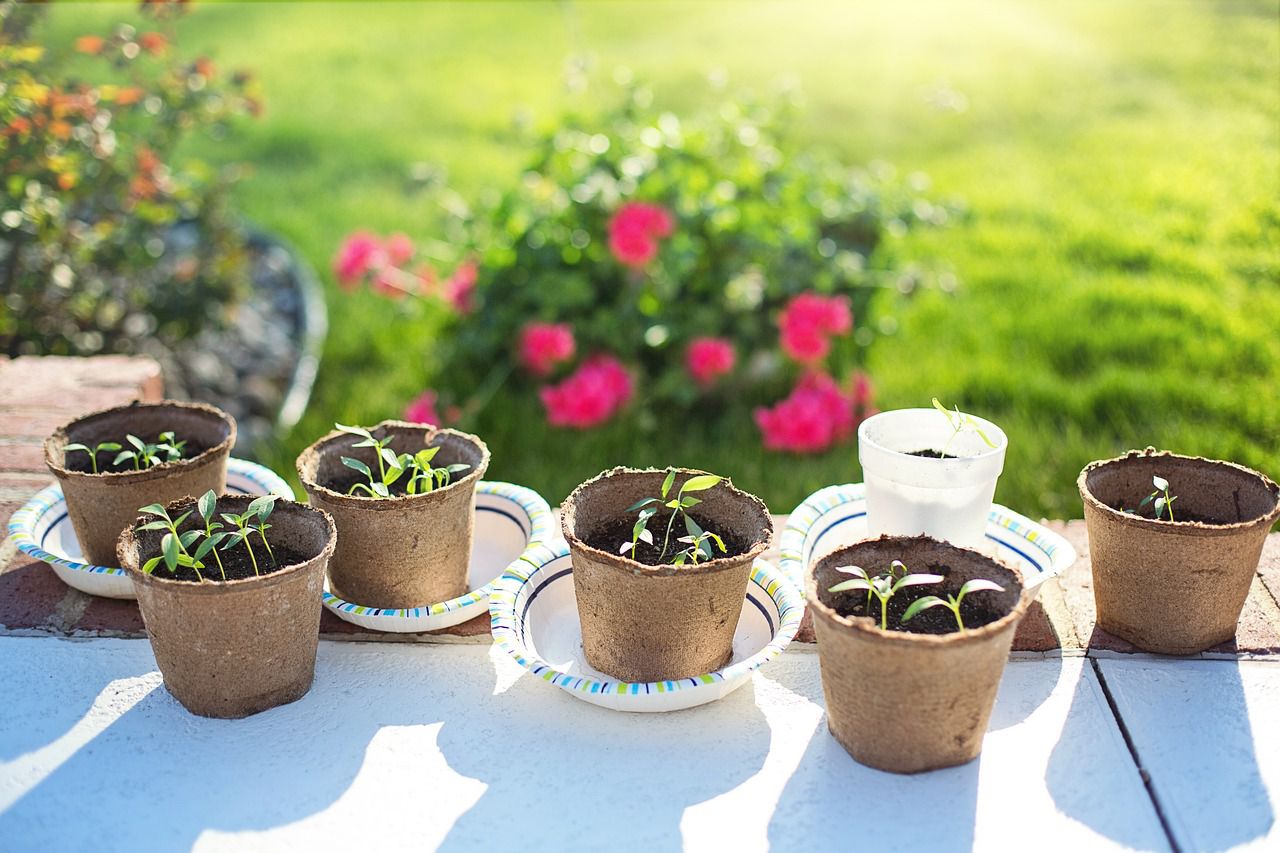Why seeds don't germinate: Gardening mistakes
If your seeds don't germinate, then you probably do something wrong - unless your seeds are poor quality.
People who are new to gardening often make some mistakes, and it's normal, because we're all learning all the time.
Let's find out more about these mistakes to cope with them effectively.
Insufficient Water
Adequate moisture is essential for seed germination.
If seeds do not receive enough water, either because they were not properly watered or the environment is too dry, germination may be inhibited.

Dry conditions can prevent the seed coat from softening and initiating the germination process.
Unsuitable Temperature
Seeds have specific temperature requirements for successful germination.
If the temperature is too low or too high, it can hinder germination.
Each plant species has its preferred temperature range, and deviation from those optimal conditions can result in poor germination rates or even complete failure.
Lack of Oxygen
Like all living organisms, seeds require oxygen for respiration.
If the soil is compacted or waterlogged, oxygen levels may be limited, impeding the germination process.
Proper soil aeration and drainage are essential to ensure adequate oxygen supply to the seeds.
Dormancy
Some seeds have built-in mechanisms that delay germination until specific conditions are met.
This dormancy can be caused by factors such as hard seed coats, chemical inhibitors, or internal physiological processes.
Poor Seed Quality
Seeds that are old, damaged, or of low quality may have reduced viability and germination rates.


